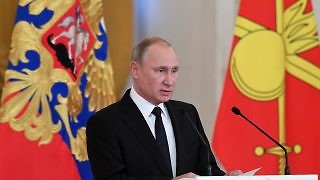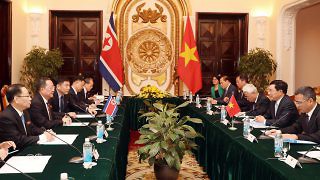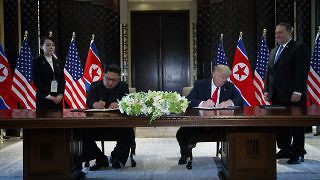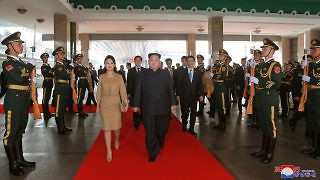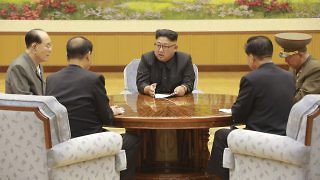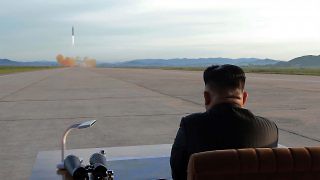President Vladimir Putin is yet to meet his North Korean counterpart Kim Jong-un, who has already held four summits with Chinese President Xi Jinping, three with South Korean President Moon Jae-in, and one with United States President Donald Trump.
Tag: North Korea
-
-
While the natural endowments, economic structures, and demographics are very different between the two countries, there are several aspects of Vietnam’s early transition experience that seem relevant for North Korea today.
-
The uniqueness of the North Korean situation makes the road towards any denuclearization long and complex.
-
To assess the prospects and risks of inter-Korean rapprochement, one needs to explain, first of all, why North Korean leaders—after scornfully rebuffing Moon Jae-in’s earlier efforts to engage Pyongyang—have switched to a more flexible policy.
-
In recent months, threats broadcast by the North Korean media have reached a scale that is extreme even by Pyongyang’s standards. The Korean Central News Agency warned leaders in South Korea (ROK) that “the whole of south Korea will be turned into a barren land in a moment if they dare to provoke.” In light of these threats, the question naturally arises: what do the North Korean leaders actually want to achieve?
-
Similar to the Iran sanctions, the restrictions on North Korea (DPRK) by the UN are increasingly sidelined in favor of national policy prerogatives, but also by President Trump’s and leader Kim Jong-un’s increasing economic, military, and intelligence blustering. The difference is that the coercive powers of UN-sanctions-supported multilateral diplomacy have yielded the denuclearization of Iran’s military capacities.
